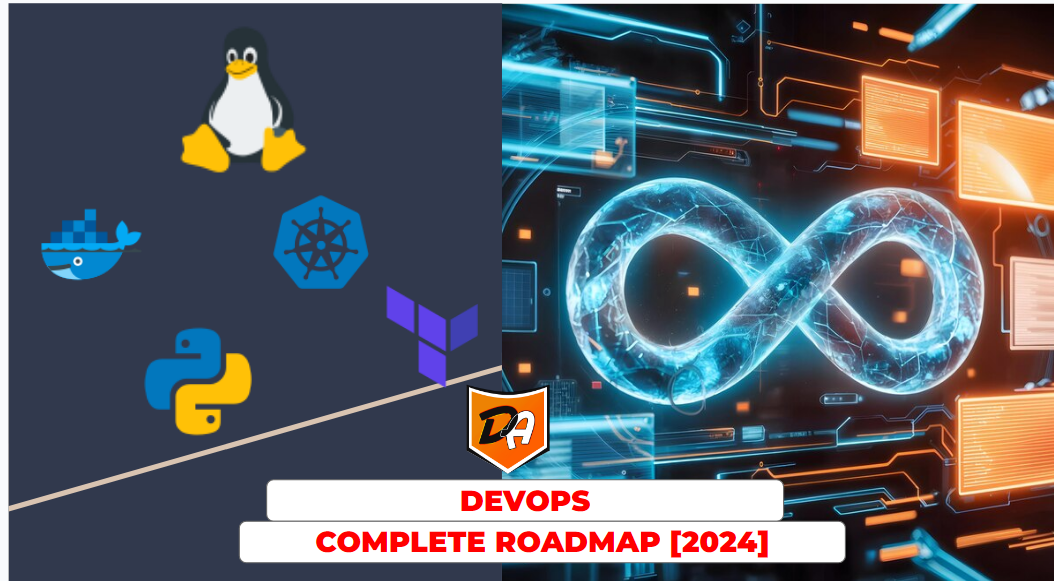The Complete DevOps Roadmap - Beginner to Advanced
Get to the bottom of: Basic DevOps concepts: Lets learn about the philosophy of automation, cooperation and continuous delivery. Critical tools and technology: Learn the current tools namely Git, Docker, Kubernetes, and Ansible. Real-life application strategies: Find out how to construct, roll-out, and support applications in a streamlined manner. Best practices of continuous improvement: Adopt data driven optimization and agile approaches to innovation.
Your ultimate resource would be this roadmap: Individuals: Upgrade your talents and take your dream DevOps job. Teams: Enhance collaboration, gain speed in development and create value more quickly. Organizations: Become innovators, ensure optimum use of resources and achieve competitive advantage. Don't wait! Get yourself some DevOps knowledge started.
-
Spring, Texas
- Added by davieasyo
- $52.73 per hr
davieasyo
Rated: 4 stars
https://www.youtube.com/watch?v=6GQRb4fGvtk
Master Linux Fundamentals
DevOps environments rely heavily on Linux, which is vital when it comes to server and infrastructure management. Take a 2-3 week course to master bash scripting and typical Linux commands in file systems, permissions, process control and package management to prevent software scripting errors when setting up servers.
Knowledge of the command line would make sure that you are able to configure and manage software coding environments efficiently. This foundation eliminates errors in coding that is commonly found to be in DevOps workflows while automating tasks.
Direct work with Linux commands allows you to write more cleaner code to manage your servers according to the best coding practices in DevOps and sets you up knowledge-wise with what you will be dealing with in the real world when managing your infrastructure.
Mastering Git
Git is a critical version control mechanism because it helps to work together and trace modifications in a code in DevOps applications. Devote 1-2 weeks to the studying of such commands as: clone, commit, push, pull, branching and merging in order to guarantee the rational code handling.
Being proficient with Git eliminates the occurrence of coding bugs in team projects by error-free merging and the control of remote repositories. This coding experience is needed when it comes to software development in team oriented settings.
Lab experience with Git encourages sustainable code and best practices of coding, which makes them readily compatible with DevOps pipelines and interoperability with the working process within a team.
Programming Languages
Tasks in DevOps are automated through Python, which is suggested due to its simplicity and multipurpose application. Spend 4-6 weeks to learn Python syntax, data structures (lists, dictionaries, sets, tuples), and modules to be able to write cleaner code.
Python automation of configurations decreases coding mistakes in repeatable processes, increasing coding reasoning of DevOps operationalities such as infrastructure management and scripting.
Developing a strong Python knowledge base can help you optimize coding best practices in the DevOps environment to allow you to write easy-to-maintain code to automate and integrate into complicated systems.
